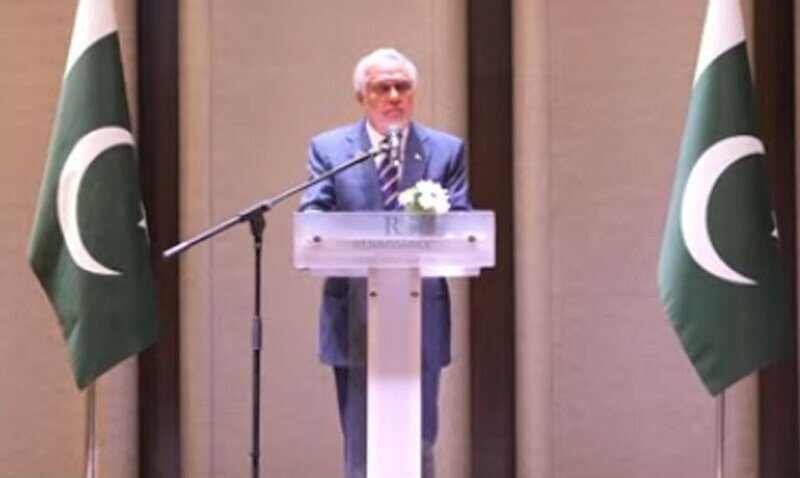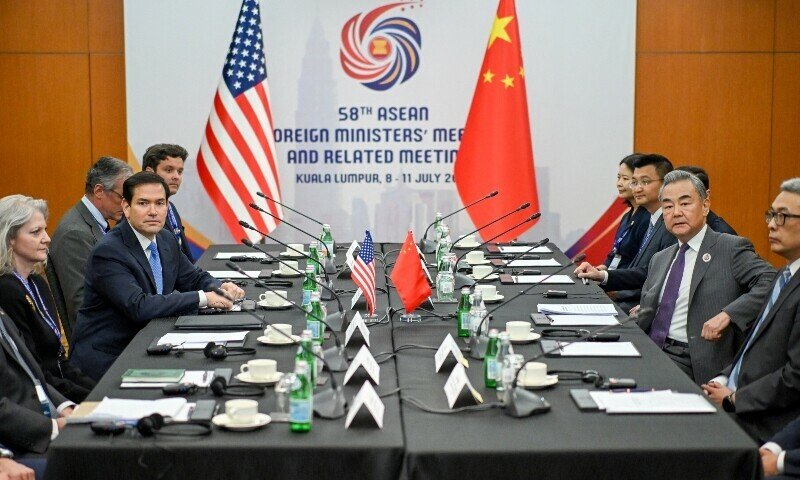On January 29, 2025, Pakistan promulgated the law of Pakistan of the Digital Nation, 2025, with the declared objective of transforming Pakistan into a “digital nation” by allowing a digital society, digital economy and digital governance.
The law was immediately acclaimed by sections of the Pakistani media as a “legislative milestone” and an “innovative initiative”, and to design “a structured approach” to redefine the digital panorama of Pakistan and, therefore, accelerate economic development, improve the efficiency of public service and promote the welfare of citizens. These commendable objectives invite a look closer to the law, to discover the provisions that give rise to these high expectations of imminent progress.
While the preamble of the law confirms these aspirations, the 30 sections that follow achieve little more than the configuration of three different but overlapping regulatory bodies to achieve this digital transformation. The first one is the National Digital Commission, which has the mandate to approve the substance and the strategy for the delivery of the National Digital Master Plan; to guarantee coordination between federal, provincial and sectoral bodies; and to review cases of non -compliance.
The second is the digital authority of Pakistan, whose task is to develop, update and implement the Master Plan; And the third is a supervision committee, established to independently review the performance of Pakistan’s digital authority and inform the commission.
These bodies themselves are dominated by the government and the bureaucracy. The Commission of 18 members is essentially a ministerial coordination agency, which includes the prime minister, the provincial principal ministers and the ministers in charge of IT and telecommunications, planning and development, commerce, interior, economic issues and information and transmission. The presidents of FBR, Nadra, PTA, SECP, State Bank and the digital authority of Pakistan proposed are also permanently represented in the commission, while the commission has the power to invite others that it considers necessary.
The proposed authority seems to be the commission’s operational arm; However, in fact, it seems to be an extension of the prime minister, which has the exclusive authority to appoint and eliminate its three members. The Supervision Committee, which mainly comprises the secretaries of the Ministries of IT, Finance and Planning already represented in the Commission, is presented as a subset of the Commission.
Pakistan’s law of the digital nation hides more than it reveals.
Only two points in this elaborate and expensive regulatory framework suggest that this structure is really linked to the digitalization of the society and the country’s economy. The first is in the inclusion of presidents of certain regulatory authorities in the list of permanent members of the Commission, and the second is the requirement that the members of the authority are “eminent professionals with recognized experience and integrity”, with at least one degree and a minimum of 10 years of experience “in digital transformation, technological policy and governance.”
However, even these two points are weak. First, the fact of not including the president of the Competition Commission of Pakistan (PCCH) as a permanent member of the National Digital Commission suggests that editors do not know the critical need to balance competence and innovation in the digital economy. Secondly, vague eligibility requirements for the members of the authority suggest a fundamental lack of clarity regarding the specific mandate of the authority.
This approach to bureaucracy on the substantive objectives of digitalization is even more surprising since in its 2018 Pakistan digital policy, the Ministry of IT and Telecommunications had not only clearly identified the objectives of the policy, established the legislative strategy for the development of infrastructure and education, and indicated the socio -economic sectors that would be the digital digital approach, but also the importance of the importance of the importance of the importance of the importance of the importance of the importance of the importance of the importance of The competition.
However, the law seems to be motivated by the need to consolidate the property and control of the government of the digitalization process instead of based on the clarity of the 2018 policy and provide appropriate legal frameworks to implement the digital policy objectives already articulated in it.
The champions of the law can argue that it only intends to establish the infrastructure for the country’s cohesive digital transformation instead of providing granular details of how this transformation can be carried out.
However, they could not explain why in the presence of an integral infrastructure of the State, also headed by the Prime Minister, it is necessary to establish a parallel configuration that does not respond to the legislature or the judiciary. Nor could they clarify how an authority that comprises only three members of un specified experience will have the ability to define the strategic framework and priority areas for digital transformation, much less monitor compliance with the master plan and punish breach.
The most important thing, these champions will not be able to explain the deficiencies of the act with respect to the digital economy. For example, how, in the absence of any guide in the law, the master plan devised by the authority would balance the competitive priorities of integrating Pakistan into the international digital economy while promoting national innovation and the protection of the privacy of the data of the Pakistani citizens?
Nor can they clarify what value the best elaborated internal policy would have against the increasing impulse of the global digital economy or rule out the considerable regulatory burden that the Pakistani procedures of slow motion, from top to bottom and bureaucratic prescribed in the act would be located on the emerging Pakistani platforms as they try to obtain a global digital space that quickly evolves.
However, the objective of this discussion is not to argue that Pakistan’s law of the Digital Nation should not have been promulgated, but to highlight that the act is hidden more than it reveals.
Therefore, even as the National Digital Commission, the Digital Authority of Pakistan and the Supervision Committee enter the Pakistani regulatory panorama, which already has regulators as well established as the SECP, NEPRA, PEMRA, OGRA and PCCH, not only its activities remain opaque, but also, and more worrying, beyond legal and judicial responsibility.
The writer is a lawyer, a defender of the Pakistan Supreme Court and has a doctorate in the right of University College London. He currently teaches the right of competition at the University of Manchester.
Posted in Dawn, March 8, 2025









